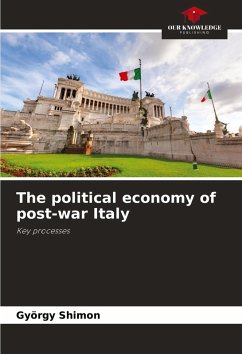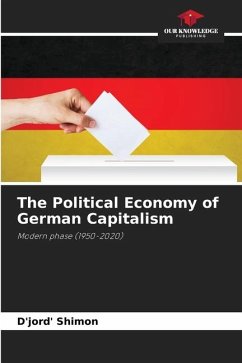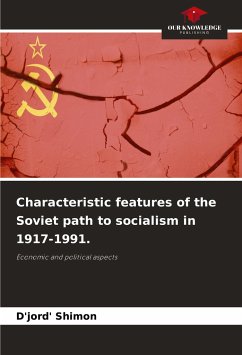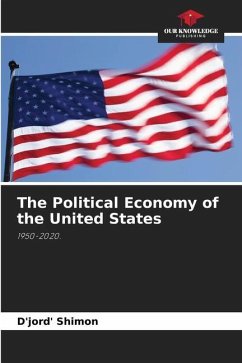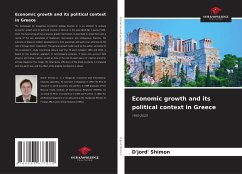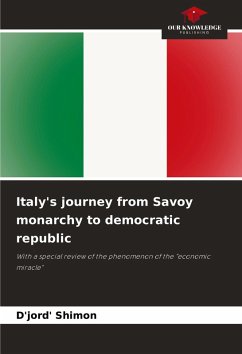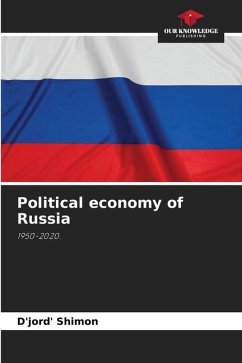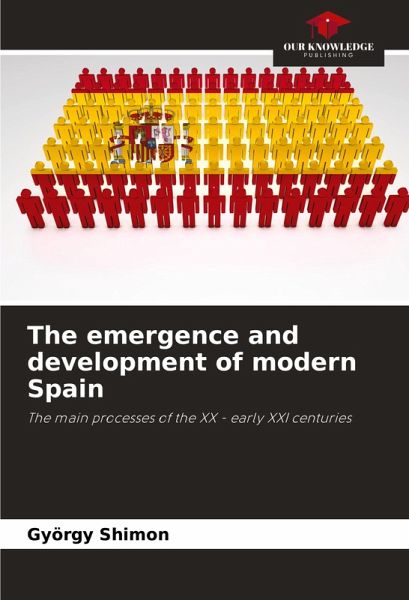
The emergence and development of modern Spain
The main processes of the XX - early XXI centuries
Versandkostenfrei!
Versandfertig in 6-10 Tagen
43,99 €
inkl. MwSt.

PAYBACK Punkte
22 °P sammeln!
In this monograph, Hungarian economist György Szymon Jr. examines the political and economic aspects of the fundamental processes of modern capitalist development in Spain in the twentieth and early twenty-first centuries. He gives, in particular, a general overview of the 1931 Revolution and the Civil War of 1936-1939, the Frankist period (1939-1975) and the transition to a decentralized monarchy. Special attention is paid to the so-called "Spanish Miracle" and the reasons for its subsequent decline, Spain's participation in the EU and the Eurozone, and an analysis of its latest sovereign de...
In this monograph, Hungarian economist György Szymon Jr. examines the political and economic aspects of the fundamental processes of modern capitalist development in Spain in the twentieth and early twenty-first centuries. He gives, in particular, a general overview of the 1931 Revolution and the Civil War of 1936-1939, the Frankist period (1939-1975) and the transition to a decentralized monarchy. Special attention is paid to the so-called "Spanish Miracle" and the reasons for its subsequent decline, Spain's participation in the EU and the Eurozone, and an analysis of its latest sovereign debt crisis. Theoretical considerations are presented by describing the mechanism of economic growth. Investigating the growth of the Spanish economy from the demand side, the author emphasized the role of foreign direct investment. To analyze supply-side factors, an endogenous growth model with an embedded mechanism of technical progress was used, taking into account both physical and human capital, as well as time in the role of event space of creative economic activity. On its basis, the total factor efficiency is determined in comparison with the world level.





